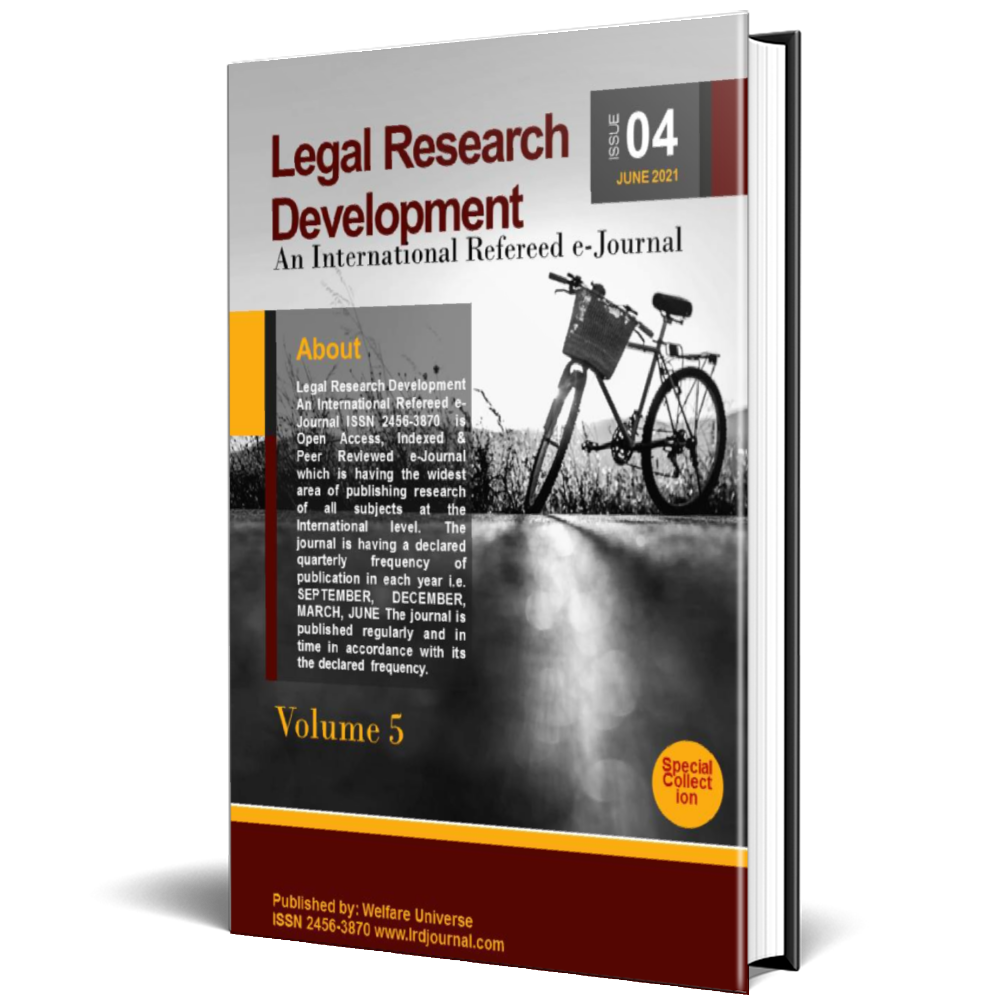Loktantra Ke Staronniyan me Nyaypalika ki Bhoomika
The Role of the Judiciary in the Levels of Democracy
Keywords:
Democracy, Separation of Powers, Rule of Law, Constitution, Judicial Review, Fundamental RightsAbstract
It has been more than six decades since India embarked on the path of republican democracy. In this journey, we have not only successfully faced various challenges related to democracy and strengthened our political system, but also deepened the roots of democracy by extending it to the panchayats. Indian democracy has become a powerful testimony to socio-economic, political and constitutional changes. At the time of independence, when Indian society was mired in conservative traditions and our political situation was not fit to be called a "modern society" in the contemporary sense, we moulded it in the spirit of democracy and took it so far towards progress that we never had to look back. This is a testimony to our democratic resilience and vibrancy. To provide momentum and stability to such changes, the Constitution has provided certain rights and duties to the three organs of the 'State', which must be performed within their prescribed limits so that these organs can keep the institution of the 'State' relevant.
References
S.C.R., 1952, Page 89.
S.C.R., 1965, Page 933.
A.I.R., 1967 S.C.A., Page 1643.
A.I.R., 1973 S.C.A., Page 1461.
A.I.R., 1978 S.C.A., Page 597.
Vakshi Upendra (1984): On the Sake of Not Being an Activist: Thoughts on Judicial Activism, Indian Bar Council, Part-2(3).
Downloads
Published
How to Cite
Issue
Section
License
Copyright (c) 2025 Legal Research Development

This work is licensed under a Creative Commons Attribution-NonCommercial 4.0 International License.









